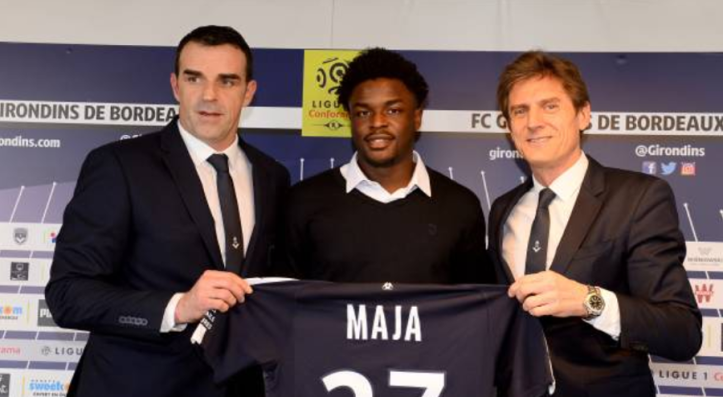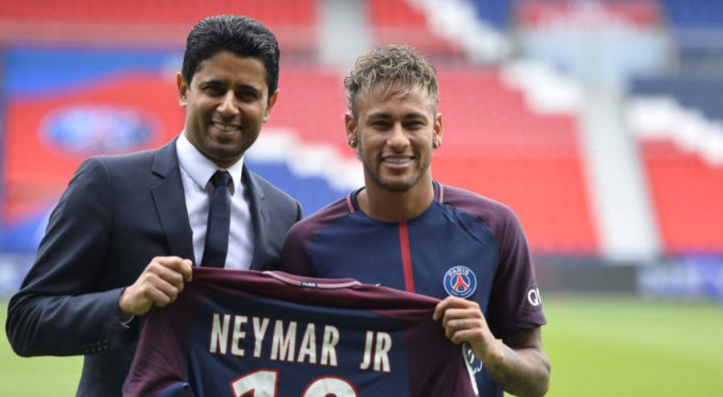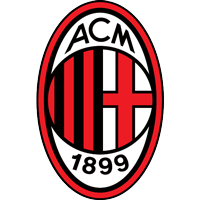COVID-19’s impact on the world is obvious, but how will it change the ways clubs will be forced to operate?
I talked to Dundee United’s Head of Analysis and Opposition Scouting Stevie Grieve, along with Football Business Expert Paul, known as twitter as @TheEsk, to hear their thoughts on what the future of football may bring.
On the losses of Premier League clubs, I asked Paul two questions. Firstly, how much has the average Premier League club lost?
Premier League LOSSES
This broke down into a few aspects, with broadcasting being the major one. While it is possible broadcasters could take back up to £760m, which would see each club lose £40m, there have been reports of just a £300m loss in broadcast revenue for matches played behind closed doors, which would result in clubs losing a figure closer to £15m.
For matchday revenues, the larger Premier League clubs will lose £15m-25m, with Arsenal and Manchester United being affected the most. Clubs who see lower matchday revenues, like Bournemouth and Burnley, will see figures closer to £1m-1.5m lost.
It is too difficult to speculate how much money clubs will lose thanks to additional factors, such as catering and retail operations. Sponsorships will also be in a position to renegotiate due to matches being played behind closed doors.
The second question I asked Paul involved the transfer market and just how long it will be in an economic depression at the current pace of COVID-19.
He said: “A global depression will have a significant impact on transfer values, particularly for players in the latter halves of their careers. The bull market for football is over. Football depends entirely upon discretionary expenditure for its income, that will remain depressed for many years to come, so I see no quick recovery for football in the next decade.”
With the speculation of football’s transfer market being in depression for a long-term, how will clubs handle this?
The bull market for football is over.
When I discussed this with Grieve, he predicted that the contracts of players are going to see the largest impact, with belief that players on £100k per week will have to now accept wages under £50k per week and clubs may also shift to shorter contracts, wanting to avoid the entrapment of a long-term deal.
With shorter contracts and financial limitations comes of a potential new trend in player movement, rather than the large fees that have been frequent in every transfer window, we could see a higher rise in free transfers along with a trend of player swaps, which are the most common means of player movement in the popular sports of the United States.
So with the likely changes of how players move from club-to-club, how will clubs need to change?
DATA AND RECRUITMENT
Will data recruitment become more prevalent? Yes, but also no. All clubs are already using data - none are completely archaic in 2020. However, clubs will now need to have a more careful process, which will likely mean a smarter implementation of data.
With widespread concern of clubs operating on a lower budget being bullied into selling their best players at a discount, Grieve believes just the opposite will happen, that clubs will not be low-balled to sell due to these players being assets who bring the prospect of prize money through strong performances.
A scenario we can go into for this is the Josh Maja departure from Sunderland, which is well-known thanks to Netflix’s series “Sunderland ‘Til I Die”, to Ligue 1 side Bordeaux for just £1.5m. The departure led to Sunderland’s late transfer for Will Grigg to try and replace the main focus of Sunderland’s attack in the middle of a promotion fight. How could this situation have been handled differently? Grieve reminds that a transfer fee is not just the money you are receiving, but the cost of the player departing.

Even though Maja refused to sign a new contract, what value would Sunderland have received had they kept him for the rest of the campaign? If Maja would have stayed and Sunderland would have been promoted, then Sunderland would have received prize money for now being a Championship club. Looking at the Bristol Post’s 2018 article on the cost of promotion by John Evely, League One sides receive about £1.4m through initial awards and solidarity payments along with additional revenues.
Championship sides, however, receive around £6.7m through initial award and solidarity payments, plus additional revenues. So Sunderland keeping Maja until his contract expired may not have resulted in an initial transfer fee, but an increase of roughly £5.3m plus more revenue certainly outweighs the £1.5m received.
So how does the Josh Maja example relate to COVID-19? This is what smaller clubs may consider when a big club comes knocking on their door for top assets. It is a gamble for the hope of additional revenue through performance, but it will also make sure fees do not drop too low for clubs that are stable enough.

When clubs do sell, however, they will be faced with the predicament they have always faced. To replace the player lost, to spread the funding available to multiple minor position upgrades rather than one premium replacement, or to utilise youth. If clubs remain strong on selling their assets and the super clubs can no longer match any fee asked, the youth academy becomes a strong focus again.
Clubs now essentially have the choice of paying a large sum on transfer fees and wages for veteran players who may or may not adjust to their club, or they can promote from within, develop and trust the youth, and potentially sell for a few million down the line. This could be viewed as the more likely option to pursue for the lower budget clubs seen across England and Scotland.
Smaller revenue streams, smaller wage packets, and more will be coming with the impacts on the football world of COVID-19, but in an age of super clubs, will this bring back a certain romanticism that football is missing, or will it just widen the gap?
Special thanks to Stevie Grieve (@StevieGrieve) and Paul (@TheEsk) for offering their expert opinions to help make this article. To find more articles like this, along with data visualizations and more, you can follow me on Twitter @ARDataAnalysis.

 Man City
Man City  Man Utd
Man Utd  Chelsea
Chelsea  Arsenal
Arsenal  Liverpool
Liverpool  PSG
PSG  Barcelona
Barcelona  Real Madrid
Real Madrid  Atletico Madrid
Atletico Madrid  Juventus
Juventus  Inter
Inter  Milan
Milan 


















